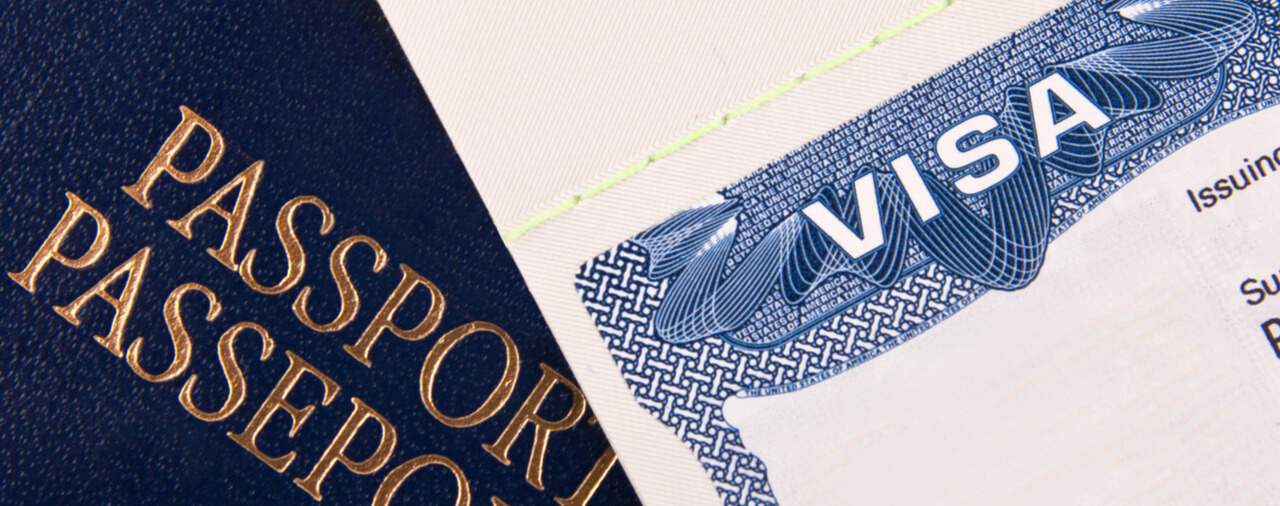Every now and then, there may be a situation in which someone needs to enter the United States for a temporary amount of time because of a humanitarian emergency. In order to accommodate these rare situations, U.S. Immigration Law has established Humanitarian Parole (HP), a program, which, while not a panacea or “go around” of the normal visa application process, is designed to accommodate true emergencies of humanitarian nature. The U.S. Government strictly enforces this policy. Hence, applying for HP is one step, which should be first discussed with an experienced immigration attorney to properly consider all the intricacies of the situation and assess reasonable changes of success on the Humanitarian Parole application.
May I Apply for Humanitarian Parole?
Anyone may apply for Humanitarian Parole, however, USCIS will only grant temporary parole to those who are applying for entry into the U.S. based on urgent humanitarian reasons, or in some rare circumstances, when there is a compelling public benefit. Please note that the amount of time in which one can be allowed to stay in the United States corresponds with the amount of time involving the humanitarian reason and/or emergency.
Requirements for Humanitarian Parole
One can file for Humanitarian Parole if they are unable to obtain admissions from the U.S. Department of State. However, an application for Humanitarian Parole cannot be used as a means of circumventing standard procedures or policies in which visas are issued. This is especially true since an urgent and valid humanitarian reason is required for this benefit to be granted. The first step should be to check with the U.S. Department of State to see if one can obtain admission into the U.S. using a standard (non-humanitarian) visa process.
Procedure for Humanitarian Parole
After determining that you may be eligible for Humanitarian Parole, you should complete Form I-131, Application for Travel Document. Be sure to note that this application as a required filing fee which is to be submitted with this application. Next, one should complete Form I-134, Affidavit of Support for the applicant. This Affidavit of Support indicates that the applicant will be supported by someone and thus not become a public charge. Finally, a written statement/explanation detailing the humanitarian reason or emergency in which the application is based. Once the application is filed, a receipt notice is issued by United States Citizenship and Immigration Services (USCIS). A response from USCIS should be received 120 days from the date USCIS received the application.
Request for Re-parole
A request for re-parole should be filed 90 days or earlier than the date your Form I-94 Departure Record expires. You may also file for an extension of parole with USCIS. In order to do so, you will need a new Form I-131, Application for Travel Document, the filing fee, a new Affidavit of Support (form I-134) and a legible copy of the Form I-94 Departure Record that was issued to you upon your parole into the United States.
What Happens When I Am Denied Humanitarian Parole?
Unlike other applications submitted to USCIS, a Humanitarian Parole denial cannot be appealed. The decision is final. Nevertheless, if there is a change in circumstances or new developments in connection with your reasons for your Humanitarian Parole request, you can and should submit a new Humanitarian Parole request, in accordance with the aforementioned procedure(s) with all supporting evidence.
What about Parole for Medical Reasons?
Parole based on medical reasons may be granted by USCIS. With the request for parole, it is essential that you also submit any and all documentation which supports your claim. In addition, you should also submit any medical records, letters or diagnoses which provide the length of the treatment. You should also submit reasoning as to why you are unable to obtain treatment in your country of nationality or another country which neighbors your own. This request should also include the estimated cost of the treatment(s) and how the treatment and/or procedure(s) will be paid for. Lastly, you are also to include how you will be able to pay to return to your native country. In case that the applicant is a child, consent of the parent or legal guardian is required.
Where to File
Parole Requests and Extensions of Parole:
USCIS Dallas Lockbox
USCIS
PO Box 660865
Dallas, TX 75266
Express Mail:
USCIS
Attn: HP
2501 S. State Hwy 121
Business Suite 400
Lewisville, TX 75067
Parole Request for Applicants in Removal Proceedings, or those previously removed from the U.S.:
U.S. Immigration and Customs Enforcement
Homeland Security Investigations/ Investigative Services Division
Parole and Law Enforcement Program Unit (PLEPU)
500 12th St. SW, Mail Stop 5112
Washington, DC 20536
Given the complexity and urgency of these requests, it is always recommended that one hires an experienced immigration attorney. Improper filing of a request or application can result in unnecessary delays and often times in an outright denial. Since denials of these requests cannot be appealed, it is in your best interest to seek assistance from an immigration lawyer.





